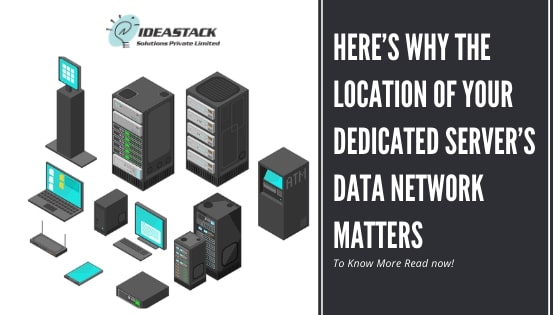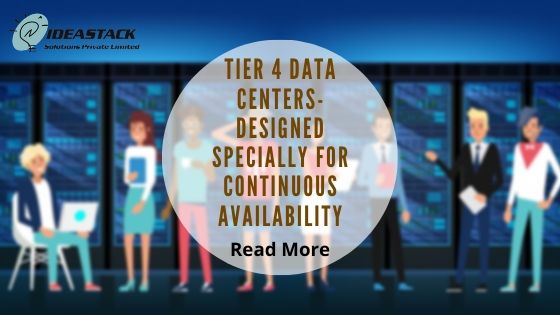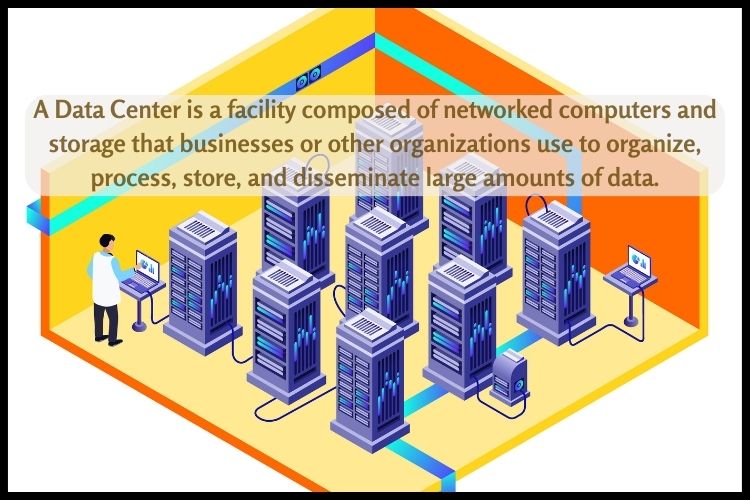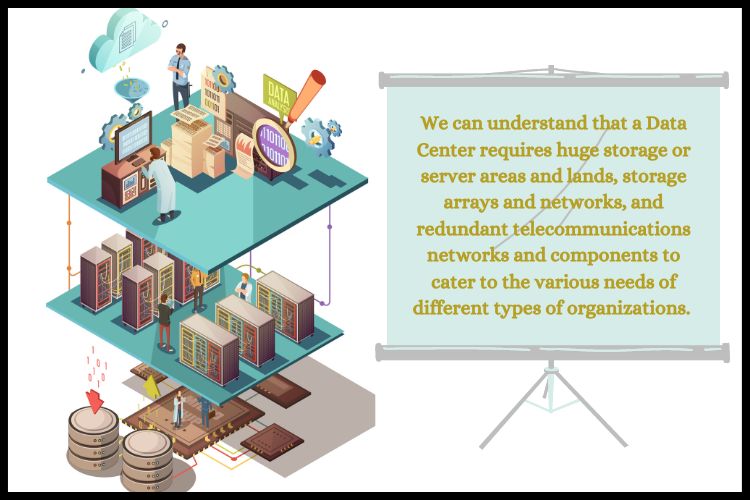Here’s Why the Location of Your Dedicated Server’s Data Network Matters
In the digital realm, every second counts. You may have invested in a seamless website interface and an attractive design, but if it takes an eternity (in internet time) to load, it can spell disaster for the user experience. At the heart of this lies the location of your server data network
The Speed-Time-Money Paradigm
Time is actually money when it comes down to your e-commerce site’s speed. Consider the sales you could be missing out on because a potential customer decided not to wait for your site to load. One latent way to make your website more rapid involves your server’s bodily location near your target market.
The closer a website guest is to the web server, the less data passes through, which is crucial for global markets. For example, if a website aims to target the United States and has a dedicated server in the UK, data must travel across the Atlantic Ocean, causing latency and download speed issues.
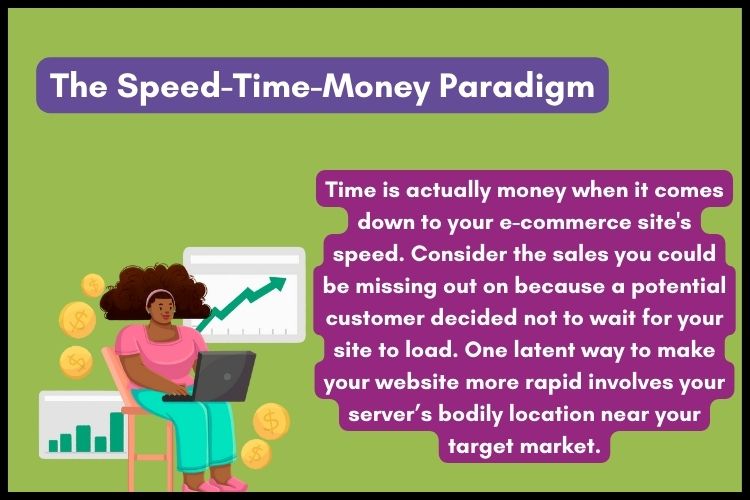
It’s Not Just About Distance: Understanding Hops
Server sites’ speed and proximity are not solely determined by distance, but also by hops, which refer to the number of routers and connections between users and hosting service providers. The longer the chain of communication, the higher the delay possibility, often leading to added latency for users located far away.
The Doubleclick research paper reveals that adding artificial latency to The Telegraph resulted in a significant drop in page views, with a 11% decline at 4s delay and a 44% drop at 20s delay. However, Ancestory.com reported a 7% increase in conversions after improving web page render time, reducing page size, and decreasing load time.
The importance of a swift website response is emphasized by investing in a good hosting service that doesn’t cram their servers with multiple sites competing for resources. Overcrowded servers result in sluggish page load for your website, as multiple sites consume more resources.

Additionally, while ensuring your host does their part, it’s paramount to work on your end too. Some tips to expedite site speed include optimizing images, reducing HTTP requests, minimizing PHP and file queries, and eliminating redundant plugins.
The Shift in Global Market Dynamics
While it might be tempting to match the IP of your target country to your site, it’s worth noting that this isn’t as influential as it once was. With the digital landscape evolving rapidly, search engine giant Google is transitioning to a more integrated global market.
Click to Know View More Ideastack
Conclusion
In the vast universe of the internet, where users have countless options at their fingertips, the speed of your website plays a pivotal role in capturing and retaining attention. While several elements influence this speed, the location of your server’s data network holds significant weight. By ensuring optimal server location and reduced hops, along with efficient hosting and website practices, businesses can drastically improve the user experience and, in turn, their bottom line.
Frequently Asked Questions
Q1. How does the server's location affect my website speed?
The physical location of your server determines how quickly data travels between the server and the user. Closer proximity usually means faster website load times due to reduced latency and fewer data hops.
Q2. What are "hops" in the context of server networks?
Hops refers to the number of routers and connections between the user and the hosting service provider. The more hops there are, the more latency is added to the user’s connection.
Q3. Is matching my server’s IP to my target country essential?
While it can be beneficial in some instances, it’s not as crucial as it used to be. Google and other platforms are now focusing on a more global approach, lessening the weight of IP-country matching.





